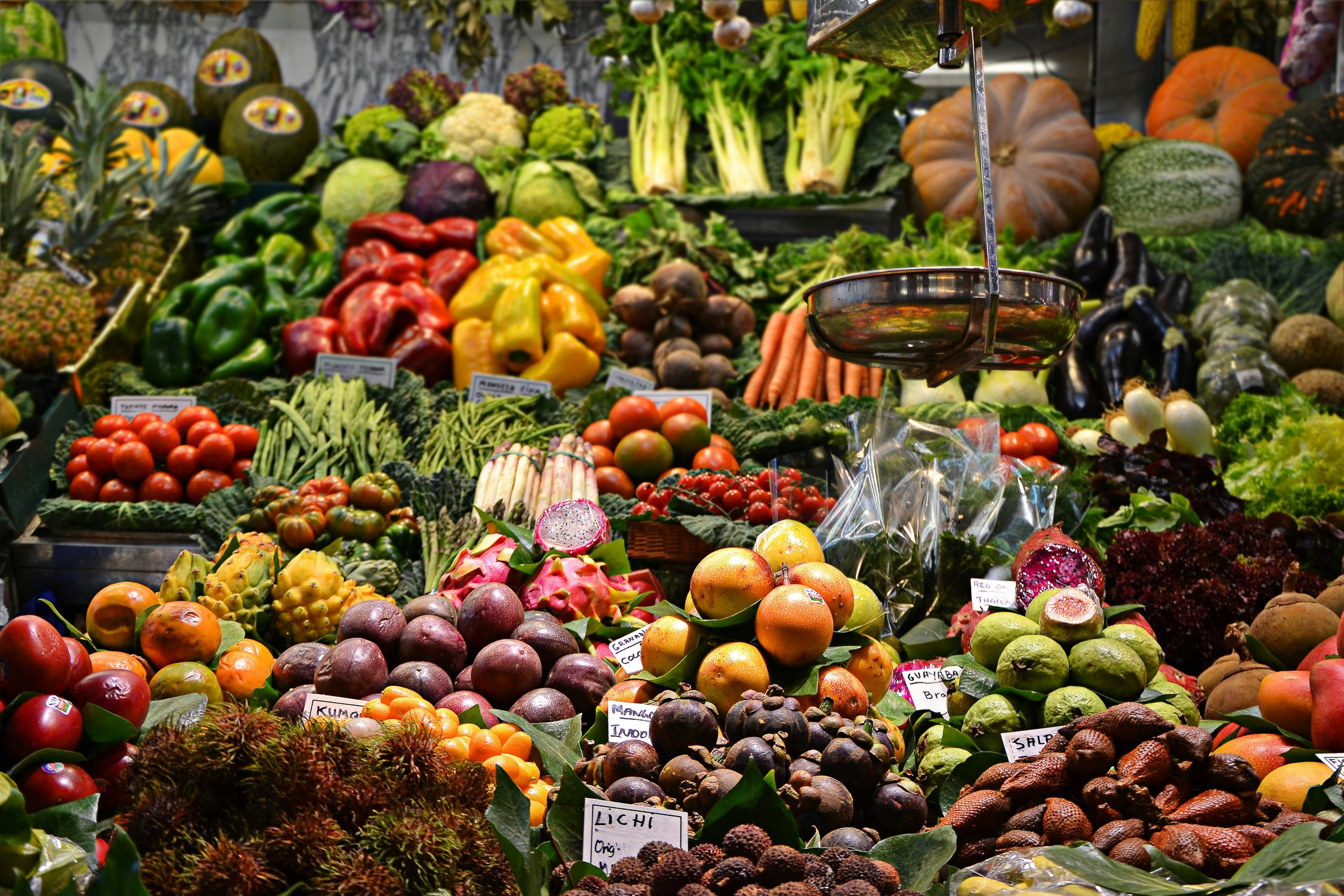Agriculture and Market Trade: The Backbone of Vijayapura’s Business

Introduction
Vijayapura, in North Karnataka, is a leading hub for agricultural trade and marketing, anchoring both staple and high-value crops. Agriculture contributes directly and indirectly to local business vitality, underpinning livelihoods for thousands of farming families, transporters, traders, and market vendors. The city’s APMC markets and digital platforms (eNAM) connect farmers not just with regional buyers, but increasingly with state, national, and export markets.
Major Crops: Food Grains and Oilseeds
Vijayapura is a major producer of traditional field crops, including jowar, pulses (tur, gram), wheat, sunflower, and oilseeds. According to the Karnataka Department of Agriculture, the district regularly ranks among the top ten for pulse production in the state, with over 8–10% of Karnataka’s annual tur (pigeon pea) output. Local APMC (Agricultural Produce Market Committee) yards handle daily arrivals of grains and pulses—vital for trade in North Karnataka.
Horticulture: Grapes and Pomegranates Take Center Stage
The last decade has transformed Vijayapura into one of Karnataka’s strongest horticulture districts, particularly for grape and pomegranate cultivation:
- Grapes: As per the Karnataka Horticulture Department’s 2023–24 district profile, Vijayapura has ~6,800 hectares under table grapes (primarily Thompson Seedless and Bangalore Blue), producing ~95,000 metric tons each year. Export earnings for 2023–24 reached ₹285 crore, much of it destined for the European Union via specialized pack-houses and cold storages. Tikota, Chadchan, and Muddebihal taluks are centres of grape farming.
- Pomegranates: Rapid expansion and high returns have made pomegranates (Bhagwa and Arakta varieties) Vijayapura’s second major fruit crop, with ~4,200 hectares and ~52,000 metric tons annually, per the National Horticulture Board. Exports to the Middle East touched ₹32 crore in 2023–24.
Both crops command premium prices versus staples, especially for farmers with irrigation, and have driven investment in post-harvest infrastructure (cold storage, grading lines).
Other Key Horticulture and Vegetable Crops
Vijayapura also grows bananas (2,800 ha), papaya (1,200 ha), mango, and vegetables (notably tomato and brinjal), supporting local consumption and seasonal trading.
APMC/E-NAM Markets and Trade Figures
The main APMC yards at Vijayapura, Indi, Chadchan, and Basavana Bagewadi serve as regional trade hubs for grains, pulses, and fruits. According to the Karnataka State Agricultural Marketing Board (2024), the district trades over ₹1,800 crore of agri and horticulture produce annually. Horticulture now accounts for 18% of value in Vijayapura’s APMC trade, a sharp rise in the last five years.
The eNAM integration has enabled nearly 10,000 farmers and traders to receive transparent pricing for auctions and settle payments digitally, as reported in Deccan Herald’s 2024 trade review.
Challenges and Government Initiatives
- Market Volatility: Smallholder farmers face price swings, especially for pulses and fruit bulk arrivals.
- Water Scarcity and Input Costs: Fluctuating rainfall and rising prices for irrigation, fertilizers, and labor continue to limit yields.
- Credit Access: Awareness and use of crop loans, Kisan Credit Cards, and market-linked insurance is growing but not universal.
- Infrastructure Gaps: Cold storage (now 25,000 metric tons; another 15,000 is under construction) is still below district needs—resulting in 12–15% fruit spoilage losses.
Policies and schemes such as PMFBY (Pradhan Mantri Fasal Bima Yojana), PM-KISAN cash transfers, National Horticulture Mission, and APMC/eNAM upgradation have improved risk management and market access for thousands of local growers (DIC Vijayapura, 2024).
Future Outlook and Export Potential
- Horticulture’s high profitability is expected to further increase the area under fruits, benefiting from government subsidies and new market infrastructure.
- Digital trading, warehouse receipts, and smart logistics will enable more Vijayapura growers to participate in state and export supply chains.
- Climate adaptation—using drip irrigation, new drought-tolerant varieties, and contract farming—will be key to securing incomes in the years ahead.
Conclusion
Agriculture and market trade are the enduring economic pillars of Vijayapura. From bulk grains in traditional mandis to pomegranates for export to the Middle East, the district’s growers, traders, and entrepreneurs are adapting to both local realities and global market trends. With continued investment in infrastructure, knowledge, and technology, Vijayapura’s agri-sector is well positioned for a resilient future.
Sources:
- Karnataka Department of Agriculture (2024)
- Karnataka Department of Horticulture (2023–24 district profile)
- National Horticulture Board (2024)
- Karnataka State Agricultural Marketing Board (2024)
- District Industries Centre, Vijayapura
- Deccan Herald – “Grape Export Sets Record in Vijayapura” (Feb 2024); “APMC Trade Thrives With eNAM Expansion” (May 2024)
- The Hindu – “Pomegranate Boom Drives Farmer Incomes” (Apr 2024)



